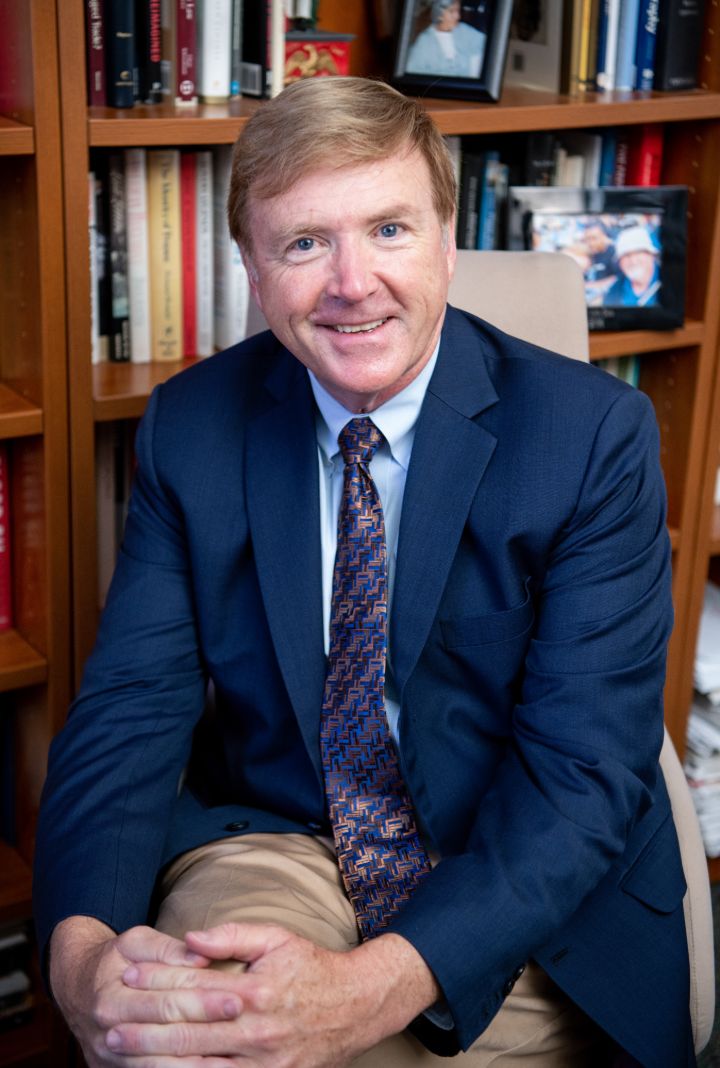
Fulbright Scholar awards are more than just a prestigious notch in the cap – they take you to another part of the world for research and sometimes teaching, too: When did you first start thinking a Fulbright made sense for you and your work?
A couple years ago, I was flattered to be asked by the people at Hanken School of Economics if I would be interested in doing this. 2024 seemed like the right time to take this wonderful opportunity.
Fulbright Scholar awards are awarded to a small number of US faculty for specific proposed projects in identified host countries, aiming to allow talented scholars to “inspire, innovate, and contribute to finding solutions to challenges facing our communities and our world”: What makes your Fulbright award hosting country the right fit for your project?
When it comes to EU and global information law, Finland punches above its weight. I already knew several policy people and lots of academics across the Nordic countries. Globally, most developments in intellectual property come from the UK, France, the United States – and now the European Union. But it’s quite interesting to study what happened in smaller jurisdictions as they adopted IP laws and adapted those laws for local circumstances. Plus I like Helsinki and the Baltic region – except, well, the weather is often awful, especially for a Californian.
In addition to supporting innovative research, Fulbright Scholar awards are designed for cross-cultural advancement, benefiting the host institution and the home institution. What do you expect your experience as a Fulbright Scholar will allow you to bring back to LLS?
That’s hard to say. Few JD students are internationally oriented – they are busy enough dealing with the American legal system. I get that and don’t expect to come back and get students interested in Nordic law. But for me, I think understanding how different jurisdictions solve similar problems makes me a better law teacher generally. Plus I’ve always had a lot of foreign students – mainly LLMs – in my classes. That’s definitely because of the classes I teach, but I’d also like to think it’s because I convey that I understand there is a bigger world out there where different people do things differently – and have different takes on America. As St. Augustine said, “The world is a book and those who do not travel read only one page.”